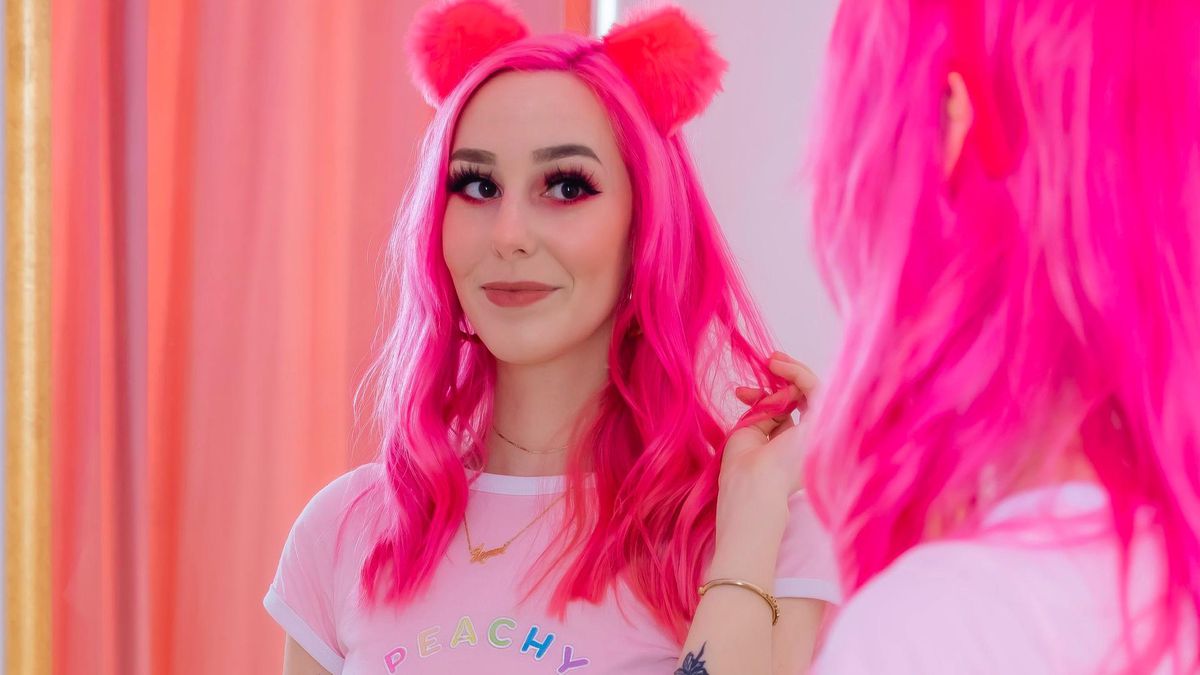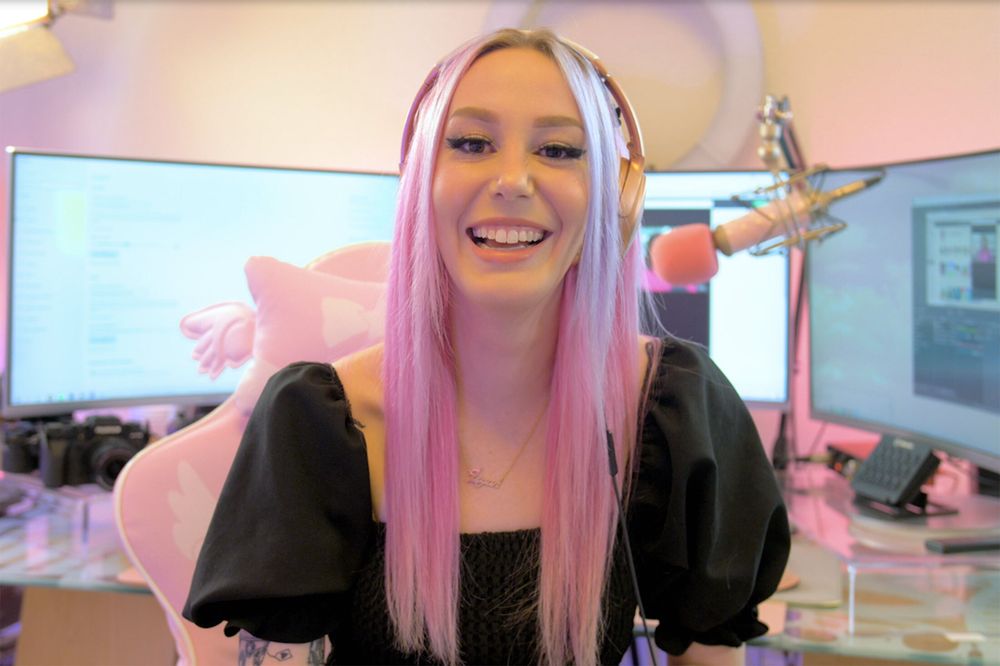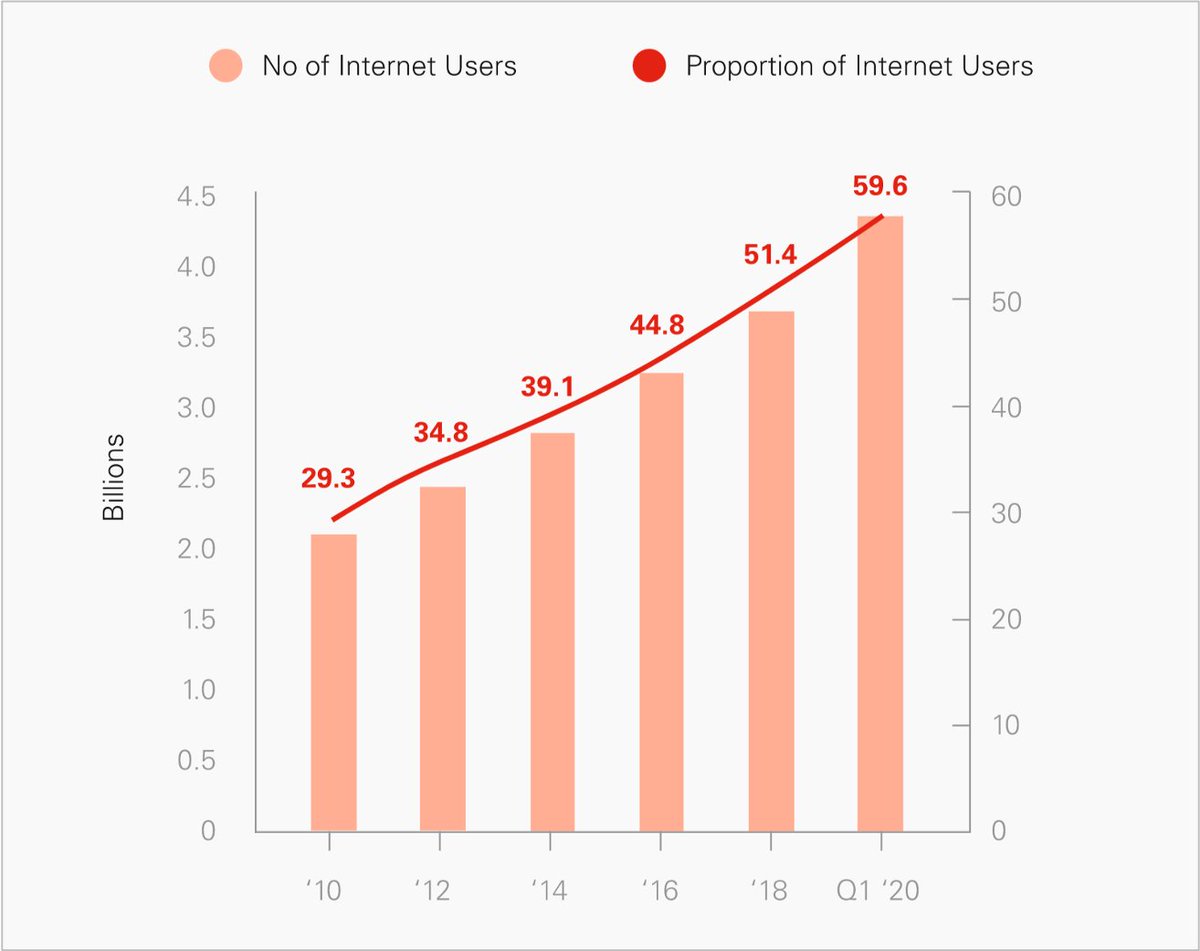
The most important trend of our generation is the disaggregation of work.
In 2027, America will become a majority freelance economy for the first time.
👇
In 2027, America will become a majority freelance economy for the first time.
👇

Young people today are skeptical of "traditional" career paths. Many watched their parents lose jobs during the 2008 financial crisis. Many lost their own jobs during the pandemic.
This skepticism is breeding a distrust of institutions and a backlash to centralized authority.
This skepticism is breeding a distrust of institutions and a backlash to centralized authority.
Millennials & Gen Zs don't want to "rent" time to a corporation or work within "the system".
They'd rather use their own hustle and savvy to dictate their own fortunes.
They'd rather use their own hustle and savvy to dictate their own fortunes.
This is fueling the gig economy, the creator economy, the hustle economy. All of forms of more flexible work untethered from institutions.
There are 68 million contractors in the U.S. today, which will grow to 90 million by 2028.
There are 68 million contractors in the U.S. today, which will grow to 90 million by 2028.

But in America, much of the social safety net is tied to work:
156,199,800 Americans get healthcare from their employer. Life insurance, disability, paid time off, retirement. The list goes on.
Most benefits come from employers, and that system is breaking down.
156,199,800 Americans get healthcare from their employer. Life insurance, disability, paid time off, retirement. The list goes on.
Most benefits come from employers, and that system is breaking down.
The entire infrastructure of work needs to be rebuilt.
There are many benefits to the disaggregation of work: careers are becoming more flexible, creative, self-determined. But the ecosystem around work needs to keep up.
There are many benefits to the disaggregation of work: careers are becoming more flexible, creative, self-determined. But the ecosystem around work needs to keep up.
To recap:
• Technology + growing distrust of institutions is disaggregating work
• This fuels the gig, creator, hustle economies
• We'll soon be a majority freelancer country for the first time ever
• The entire infrastructure of work must be rebuilt
• Technology + growing distrust of institutions is disaggregating work
• This fuels the gig, creator, hustle economies
• We'll soon be a majority freelancer country for the first time ever
• The entire infrastructure of work must be rebuilt
I'd add that terms like "hustle culture" and "hustle economy" can distort or put a rose-colored lens on the fact that younger generations are turning to freelance work *because* traditional employment has proven impossible to find or doesn't provide economic mobility any longer.
Yes, many people find it appealing to "be your own boss" and the internet increasingly makes that work possible.
But for many, freelance work isn't a choice but a necessity.
But for many, freelance work isn't a choice but a necessity.
• • •
Missing some Tweet in this thread? You can try to
force a refresh






